

Articles
How Long Do Asphalt Driveway Last
Modified: January 18, 2024
Discover the lifespan of an asphalt driveway and how to extend its durability. Read our informative articles for expert tips and maintenance techniques.
(Many of the links in this article redirect to a specific reviewed product. Your purchase of these products through affiliate links helps to generate commission for Storables.com, at no extra cost. Learn more)
Introduction
An asphalt driveway is a popular choice for many homeowners due to its durability and affordability. It provides a smooth and sturdy surface for vehicles to drive on while enhancing the overall aesthetics of the property. However, like any other construction material, asphalt driveways have a limited lifespan and can deteriorate over time due to various factors. Understanding how long an asphalt driveway will last can help homeowners make informed decisions about installation, maintenance, and when it may be time for repairs or replacement.
Factors such as climate, installation quality, thickness, and maintenance practices all play a significant role in determining the lifespan of an asphalt driveway. By addressing these factors and implementing proper care, homeowners can potentially extend the life of their asphalt driveways and maximize their investment.
This article will explore the various factors that affect the lifespan of an asphalt driveway and provide tips on how to increase its longevity. By understanding these factors, homeowners can make informed decisions and take proactive steps to ensure their asphalt driveways stay in optimal condition for as long as possible.
Key Takeaways:
- Proactive maintenance, proper installation, and climate considerations can significantly extend the lifespan of asphalt driveways, protecting homeowners’ investments and ensuring long-lasting, functional surfaces for their properties.
- Regular cleaning, prompt repairs, and professional maintenance are essential for preserving the integrity of asphalt driveways, preventing deterioration, and maximizing their longevity.
Read more: How Long For Asphalt Driveway To Cure
Factors Affecting Asphalt Driveway Lifespan
Several factors can impact the lifespan of an asphalt driveway. It’s essential to consider these factors during installation and ongoing maintenance to ensure the driveway remains in good condition for as long as possible. Let’s explore these factors in detail:
- Climate and Weather Conditions: The climate and weather conditions in your area have a significant impact on the durability of an asphalt driveway. Extreme heat, cold temperatures, freeze-thaw cycles, and heavy rainfall can cause the asphalt to expand and contract, leading to cracks and potholes. Additionally, prolonged exposure to UV rays can cause the asphalt to deteriorate over time. Therefore, regions with severe weather conditions may experience shorter driveway lifespans.
- Quality of Installation: The quality of installation plays a critical role in determining how long an asphalt driveway will last. A poorly installed driveway with inadequate compaction, improper drainage, or substandard materials is more prone to deterioration. Hiring a reputable contractor with experience in driveway installation is crucial to ensure a proper foundation and smooth surface.
- Thickness and Depth of the Asphalt: The thickness and depth of the asphalt layer are important factors in determining its durability. A thicker layer of asphalt can withstand heavier traffic loads and resist cracking and deterioration better than a thinner layer. The recommended thickness for residential driveways is typically between 2 to 3 inches, while a commercial driveway may require a thicker layer.
- Maintenance Practices: Regular maintenance is essential to extend the lifespan of an asphalt driveway. Proper maintenance includes routine cleaning, sealing, and repairs. Sweeping away debris, removing oil stains, and sealing the surface every few years can help protect the asphalt from damage and prevent cracks from forming. Promptly addressing any cracks or potholes and resurfacing the driveway when necessary can also prevent further deterioration.
- Usage and Traffic: The amount and type of traffic that the asphalt driveway receives can impact its lifespan. Heavy vehicles, such as trucks and SUVs, place more stress on the surface and may cause faster wear and tear. Additionally, frequent turning and abrupt stops can lead to localized damage. Properly designed driveways can accommodate different types of vehicles and traffic levels, but it’s important to consider usage when planning for the lifespan of the driveway.
By understanding and addressing these factors, homeowners can make informed decisions about their asphalt driveways. Taking proactive measures and investing in proper installation and maintenance can significantly extend the lifespan of the driveway, saving both time and money in the long run.
Climate and Weather Conditions
The climate and weather conditions in your area play a crucial role in determining the lifespan of an asphalt driveway. Different weather elements can cause damage to the asphalt surface, leading to cracks, potholes, and overall deterioration. Understanding how these conditions affect your driveway can help you take preventive measures and ensure its longevity.
Extreme Temperatures:
Extreme heat and cold can have adverse effects on asphalt. In hot climates, prolonged exposure to high temperatures can cause the asphalt to soften and become more susceptible to deformation under heavy loads. This can lead to permanent depressions or ruts in the surface. Alternatively, in cold climates, freezing temperatures can cause the asphalt to contract and crack. The freeze-thaw cycles, where water seeps into cracks and expands when frozen, can further exacerbate the damage.
UV Radiation:
Ultraviolet (UV) radiation from the sun can cause the asphalt to oxidize and lose its flexibility over time. This can make the asphalt more prone to cracking and crumbling. UV radiation is particularly damaging in regions with intense sunlight or at higher altitudes.
Precipitation:
Excessive rainfall, snow, and ice can contribute to the deterioration of an asphalt driveway. Water seeping into cracks and crevices can weaken the underlying layers and cause the asphalt to deteriorate faster. Additionally, the freeze-thaw cycles mentioned earlier can worsen existing cracks and create new ones, leading to larger areas of damage.
Drainage:
Proper drainage is essential for preventing water accumulation on the surface of an asphalt driveway. Standing water can soften the asphalt, causing it to deteriorate quickly. It can also seep into cracks and lead to more extensive damage. It’s important to ensure that the driveway has adequate slope and proper drainage systems in place to redirect water away from the surface.
Regional Climate Considerations:
Every region has its own unique climate conditions, which can impact the lifespan of an asphalt driveway. Coastal areas may experience higher levels of humidity, saltwater exposure, and wind, which can accelerate the deterioration process. Regions with a high frequency of freeze-thaw cycles or extreme temperature fluctuations may experience more rapid damage to the asphalt surface.
Understanding the climate and weather conditions specific to your area is crucial for determining the best practices to protect and maintain your asphalt driveway. By implementing preventive measures such as regular sealing, addressing cracks promptly, and ensuring proper drainage, you can mitigate the effects of climate and weather conditions and extend the lifespan of your driveway.
Quality of Installation
The quality of installation is a crucial factor that significantly impacts the lifespan of an asphalt driveway. A poorly installed driveway is more prone to premature deterioration, cracks, and other issues that can shorten its lifespan. It is essential to hire a reputable and experienced contractor who follows proper installation practices. Here are some key considerations related to the quality of installation:
Proper Base Preparation:
One of the most critical aspects of installing a durable asphalt driveway is the preparation of the base. The base serves as the foundation for the asphalt layers and provides stability and support. It should consist of a well-compacted subgrade layer and a sufficient layer of aggregate base materials. The base preparation ensures proper drainage, prevents settling, and helps distribute the load evenly across the surface.
Appropriate Thickness:
The thickness of the asphalt layer directly affects the durability and longevity of the driveway. The thickness requirements may vary depending on the intended use and the type of vehicles that will be using the driveway. A thicker layer of asphalt can withstand heavier traffic loads and resist cracking better than a thinner layer. It is important to consult with the contractor to determine the appropriate thickness based on your specific needs.
High-Quality Materials:
The use of high-quality materials is essential for the longevity of an asphalt driveway. From the asphalt mix to the aggregates and additives, using materials that meet industry standards and specifications is crucial. High-quality materials ensure optimal performance, resistance to environmental factors, and improved durability.
Attention to Proper Compaction:
Proper compaction of the asphalt layers is essential for achieving a smooth and durable surface. Insufficient compaction can result in voids, weak spots, and uneven surfaces, which can lead to premature deterioration. Experienced contractors use appropriate equipment and techniques to ensure proper compaction throughout the installation process.
Correct Slope and Drainage:
Proper slope and drainage design are critical for preventing water accumulation and promoting runoff. If the driveway does not have adequate slope or proper drainage systems, water can pool and penetrate the asphalt, leading to damage and deterioration. A well-designed surface with appropriate slopes and drainage channels will help protect the asphalt from water-related issues.
When hiring a contractor for your asphalt driveway installation, it is important to conduct thorough research, check references, and ensure they have experience in installing driveways. Requesting detailed information on their installation process, including base preparation, compaction techniques, and materials used, can give you confidence in their abilities. Investing in a high-quality installation will greatly contribute to the longevity and durability of your asphalt driveway.
Thickness and Depth of the Asphalt
The thickness and depth of the asphalt layer in an asphalt driveway are critical factors that directly impact its lifespan. The appropriate thickness ensures the driveway can withstand the expected traffic load, resist cracking, and remain structurally sound over time. Here are some key considerations when determining the thickness and depth of the asphalt:
Traffic Load:
The expected traffic load on the driveway plays a significant role in determining the thickness of the asphalt layer. Residential driveways typically experience lighter traffic compared to commercial or heavily-trafficked areas. The heavier the traffic load, the thicker the asphalt layer needs to be to withstand the stress. Considering the vehicles that will be using the driveway, such as cars, SUVs, or trucks, will help determine the appropriate thickness for your specific situation.
Subgrade Conditions:
The condition of the subgrade, or the soil beneath the asphalt, also impacts the required thickness of the asphalt layer. A stable and well-compacted subgrade provides a solid foundation for the driveway. If the subgrade is weak or has poor drainage, a thicker layer of asphalt may be necessary to ensure the stability and longevity of the driveway.
Local Climate:
The climate of your region can influence the thickness requirements of the asphalt. In areas with extreme temperatures, such as frequent freeze-thaw cycles or intense heat, a thicker asphalt layer can help prevent cracking and premature deterioration. Additionally, regions with heavy rainfall may require thicker asphalt to protect against water damage and the effects of water penetration.
Type of Asphalt Mix:
The type of asphalt mix used for the installation also affects the thickness requirements. Different asphalt mixes, such as hot-mix asphalt or polymer-modified asphalt, have varying properties and strengths. Consulting with a professional asphalt contractor can help determine the appropriate mix type and the corresponding thickness for your specific needs.
Industry Standards and Recommendations:
Industry standards and recommendations offer guidelines on the minimum thickness required for asphalt driveways. In general, residential driveways typically have a thickness ranging from 2 to 3 inches. However, it is essential to consult with an experienced contractor who can assess your specific situation and provide expert recommendations based on factors such as traffic load, climate, and subgrade conditions.
Ensuring the proper thickness and depth of the asphalt layer is crucial for the longevity and durability of your driveway. Investing in an adequate thickness will help prevent premature cracking, deformation, and deterioration, allowing your asphalt driveway to withstand the anticipated traffic load and environmental conditions for years to come.
Regular maintenance, such as sealing and filling cracks, can help extend the lifespan of an asphalt driveway. With proper care, an asphalt driveway can last 20-30 years.
Read more: What Is An Asphalt Driveway
Maintenance Practices
Maintenance is key to extending the lifespan of an asphalt driveway. Regular upkeep and preventative measures can help protect the surface from deterioration, minimize the impact of environmental factors, and address issues before they worsen. Here are some essential maintenance practices to consider:
Regular Cleaning:
Regularly cleaning the surface of your asphalt driveway helps remove debris, dirt, leaves, and other materials that can accumulate and hold moisture. Use a broom or leaf blower to sweep away loose debris, and use a pressure washer or hose to thoroughly clean the surface. Avoid using harsh chemicals that can damage the asphalt.
Sealing:
Sealing the asphalt surface every few years is crucial for protecting it from the damaging effects of UV rays, water penetration, and pollution. Sealcoating creates a protective barrier that helps to reduce oxidation, prevent water infiltration, and enhance the overall appearance of the driveway. It is best to consult with a professional to determine the appropriate sealant and the recommended frequency of application.
Pothole and Crack Repair:
Addressing small cracks and potholes promptly can prevent them from spreading and causing more extensive damage. Fill small cracks with asphalt crack filler to prevent water penetration and further deterioration. Larger cracks and potholes may require professional repair to ensure a durable and long-lasting fix.
Oil Stain Removal:
Oil stains can be unsightly and can lead to deterioration of the asphalt surface. Promptly clean up any oil spills to prevent them from seeping into the asphalt. Use a degreaser specifically designed for asphalt surfaces to remove oil stains effectively.
Proper Drainage Maintenance:
Ensure that the drainage systems in and around your driveway are functioning correctly. Clear any debris or obstructions from gutters, downspouts, and drainage ditches to prevent water from pooling or redirecting towards the asphalt surface. Proper drainage helps prevent water damage and prolongs the life of the driveway.
Regular Inspections:
Regularly inspecting your driveway allows you to identify and address issues before they worsen. Look for signs of cracks, potholes, uneven surfaces, or areas of deterioration. Catching and addressing these problems early can help prevent further damage and the need for costly repairs or replacement.
Resurfacing:
Over time, even with proper maintenance, an asphalt driveway may require resurfacing. Resurfacing involves applying a new layer of asphalt over the existing surface, providing a fresh and renewed appearance. It can help address minor surface imperfections, extensive cracking, or significant wear and tear.
Following these maintenance practices will help protect your asphalt driveway and extend its lifespan. Regular cleaning, sealing, and addressing cracks and potholes promptly will keep the surface in good condition, reducing the need for costly repairs and maximizing its longevity.
Signs of Deterioration
Asphalt driveways, like any other surface, will inevitably experience wear and tear over time. It’s important to be aware of the signs of deterioration so that you can take necessary actions to address them before they worsen. Here are common signs that indicate your asphalt driveway may be deteriorating:
Cracks:
Cracks are one of the most visible signs of asphalt deterioration. They can appear as small hairline cracks or larger fissures. Cracks can form due to a variety of reasons, including freeze-thaw cycles, heavy traffic, or improper installation. Ignoring cracks can lead to further damage as water can seep into the cracks, expand when frozen, and cause the cracks to widen.
Potholes:
Potholes are larger holes that form on the surface of the asphalt. They are typically caused by the breakdown of the underlying layers due to water infiltration, heavy traffic, or the expansion and contraction of the asphalt. Potholes should be addressed promptly as they can cause damage to vehicles and pose safety hazards.
Rough or Uneven Surface:
If you notice that your asphalt driveway has become rough or uneven, it could be a sign of underlying problems. This can occur due to poor compaction during installation or significant damage to the asphalt surface. A rough or uneven surface can make it more difficult to drive on and increase wear and tear on your vehicles.
Fading Color:
Over time, exposure to sunlight and the elements can cause the color of the asphalt to fade. Fading is an aesthetic concern but can also indicate that the surface is becoming more susceptible to damage. UV radiation can break down the asphalt binder and lead to further deterioration.
Surface Crumbling or Disintegration:
Surface crumbling or disintegration occurs when the top layer of the asphalt starts to break apart or erode. This can be caused by the aging of the asphalt, exposure to weather conditions, or poor quality materials. Crumbling or disintegration can make the surface rough and increase the risk of cracks and potholes forming.
Pooling Water:
If you notice areas of standing water or poor drainage on your asphalt surface, it may indicate that the surface is not properly sloped or that there are underlying issues with the drainage system. Standing water can be detrimental to the longevity of the asphalt as it can seep into cracks and weaken the underlying layers.
Observing any of these signs of deterioration should prompt you to take action to address the issues. Prompt repairs and maintenance can help prevent further damage, extend the lifespan of your asphalt driveway, and save you from costly repairs or replacement in the long run.
Increasing the Lifespan of an Asphalt Driveway
While asphalt driveways have a limited lifespan, there are several proactive steps homeowners can take to increase their longevity. By implementing proper maintenance practices and addressing potential issues promptly, you can extend the lifespan of your asphalt driveway. Here are some tips to help increase the lifespan of your driveway:
Regular Cleaning:
Regularly clean your driveway to remove debris, dirt, leaves, and other materials that can hold moisture and contribute to deterioration. Use a broom or leaf blower to sweep away loose debris and rinse the surface with water or a pressure washer to remove stuck-on dirt and grime.
Proper Sealing:
Sealing your asphalt driveway protects it from the damaging effects of UV rays, water infiltration, and other environmental elements. A fresh coat of sealant provides a protective barrier that helps prevent oxidation and surface deterioration. Follow the manufacturer’s instructions or consult with a professional contractor to determine the appropriate sealant and the recommended frequency of application.
Prompt Repairs:
Address cracks, potholes, and other signs of damage as soon as they appear. Small issues can quickly worsen if left unattended, leading to more extensive damage and costly repairs. Use asphalt crack filler for small cracks, and consider hiring a professional for larger repairs or resurfacing, if needed.
Proper Drainage:
Ensure that your driveway has proper drainage to prevent water from pooling or seeping into the asphalt. A well-designed surface with adequate slopes, gutters, downspouts, and drainage channels will help divert water away from the asphalt and protect it from water-related damage.
Avoid Heavy Loads and Sharp Turns:
Minimize the stress on your driveway by avoiding heavy loads, such as large trucks or heavy equipment, whenever possible. Similarly, minimize sharp turns and abrupt stops, as they can cause localized damage to the surface. If you anticipate heavy loads or specific usage requirements, consult with a professional to design the driveway to accommodate the anticipated traffic load.
Regular Inspections:
Perform regular inspections of your driveway to identify signs of deterioration or potential issues. Look for cracks, potholes, uneven surfaces, or areas of wear and tear. Catching these problems early allows you to address them promptly and prevent further damage.
Professional Maintenance:
Consider hiring a professional asphalt contractor for periodic maintenance and repairs. Professionals have the expertise and knowledge to assess the condition of your driveway, perform necessary repairs, and provide guidance on the best practices for maintaining its longevity.
Resurface if Necessary:
If your driveway has extensive damage or has reached its lifespan, resurfacing may be a suitable option. Resurfacing involves applying a new layer of asphalt over the existing surface, providing a fresh and renewed appearance and extending the lifespan of the driveway.
By following these tips and implementing proper maintenance practices, you can increase the lifespan of your asphalt driveway and protect your investment. Regular cleaning, sealing, prompt repairs, and proper drainage will help keep your driveway in optimal condition for years to come.
Conclusion
Asphalt driveways are a popular choice for homeowners due to their durability, affordability, and aesthetic appeal. However, their lifespan is influenced by various factors, including climate, quality of installation, thickness, and maintenance practices. By understanding these factors and taking proactive measures, homeowners can increase the longevity of their asphalt driveways and maximize their investment.
Climate and weather conditions can significantly impact the durability of an asphalt driveway. Extreme temperatures, UV radiation, and excessive rainfall can cause the asphalt to expand, contract, and deteriorate. Considering the climate of your region and implementing preventive measures can help protect your driveway.
The quality of installation is crucial for the lifespan of an asphalt driveway. Proper base preparation, appropriate thickness, high-quality materials, and correct compaction all contribute to a stable and long-lasting surface. Hiring a reputable and experienced contractor is essential to ensure a quality installation.
The thickness and depth of the asphalt layer are instrumental in determining its resistance to wear and tear. The appropriate thickness for your driveway depends on the expected traffic load, subgrade conditions, and climate. Consulting with professionals will help determine the optimal thickness for your specific situation.
Maintenance practices play a critical role in extending the lifespan of an asphalt driveway. Regular cleaning, proper sealing, prompt repairs, and ensuring proper drainage are essential to protect the asphalt surface from deterioration. Regular inspections and professional maintenance also help identify and address issues before they worsen.
Recognizing the signs of deterioration, such as cracks, potholes, rough surfaces, fading color, and surface crumbling, is key to preventing further damage. Promptly addressing these issues can help prolong the life of your driveway and save you from costly repairs or replacement.
By implementing these strategies, homeowners can increase the lifespan of their asphalt driveways and enjoy a smooth and functional surface for many years. Regular maintenance, proper care, and addressing issues promptly will help protect your investment and ensure a beautiful and durable driveway for your home.
Frequently Asked Questions about How Long Do Asphalt Driveway Last
Was this page helpful?
At Storables.com, we guarantee accurate and reliable information. Our content, validated by Expert Board Contributors, is crafted following stringent Editorial Policies. We're committed to providing you with well-researched, expert-backed insights for all your informational needs.

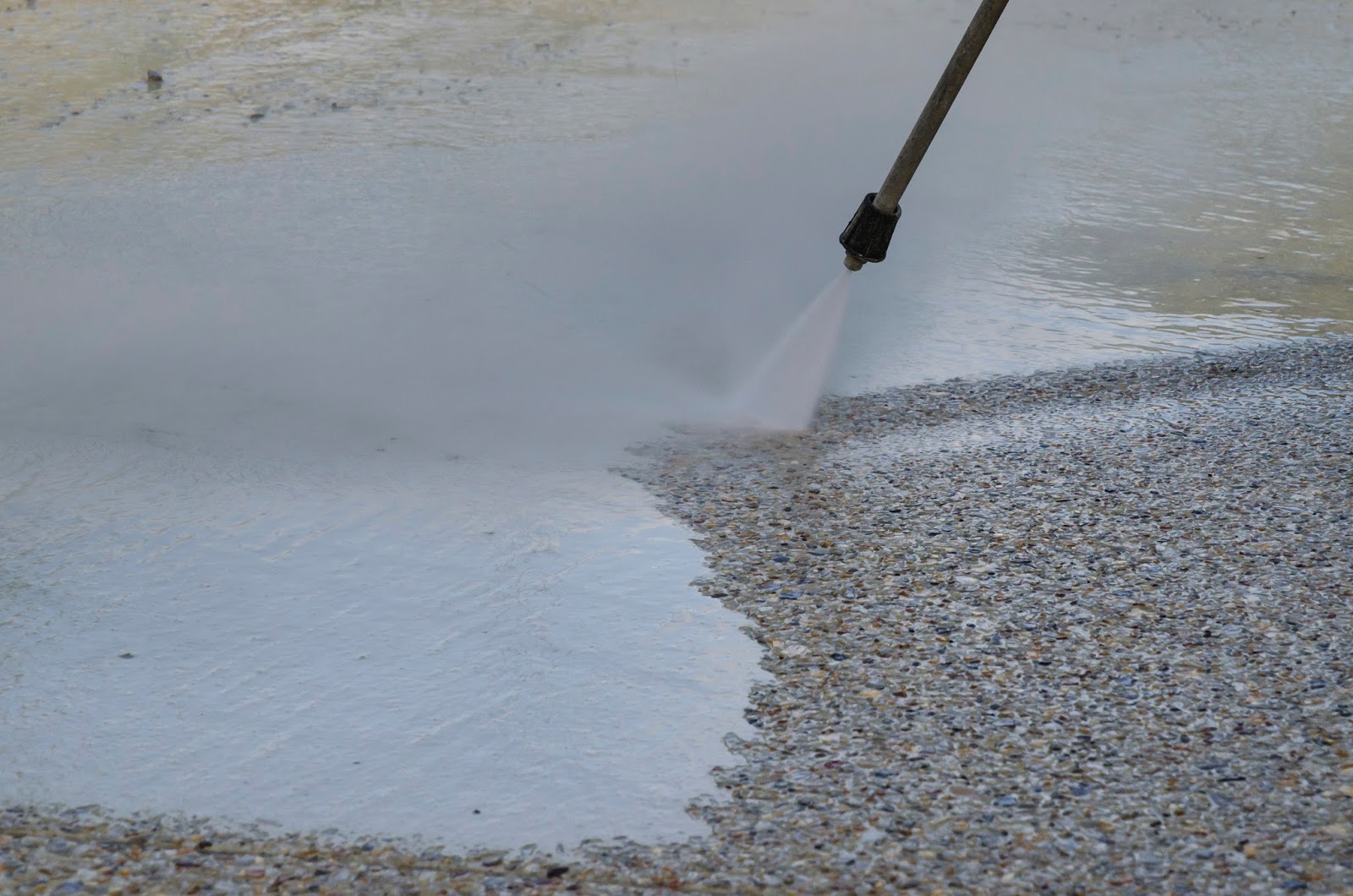
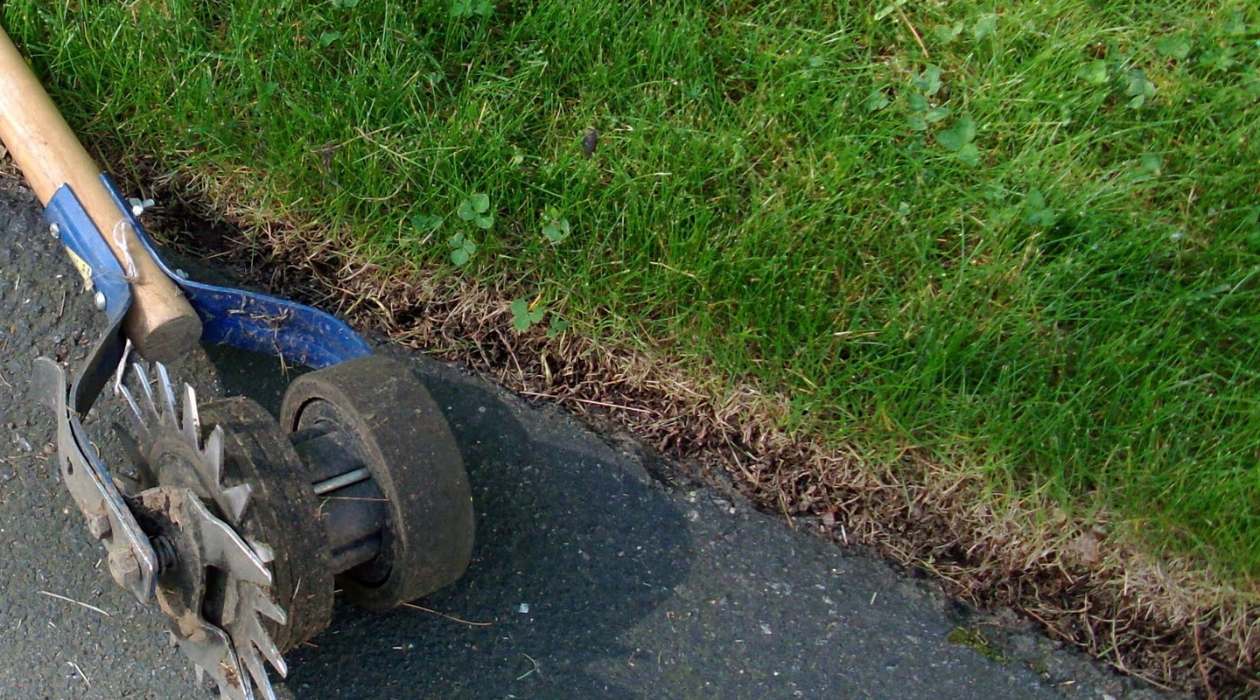
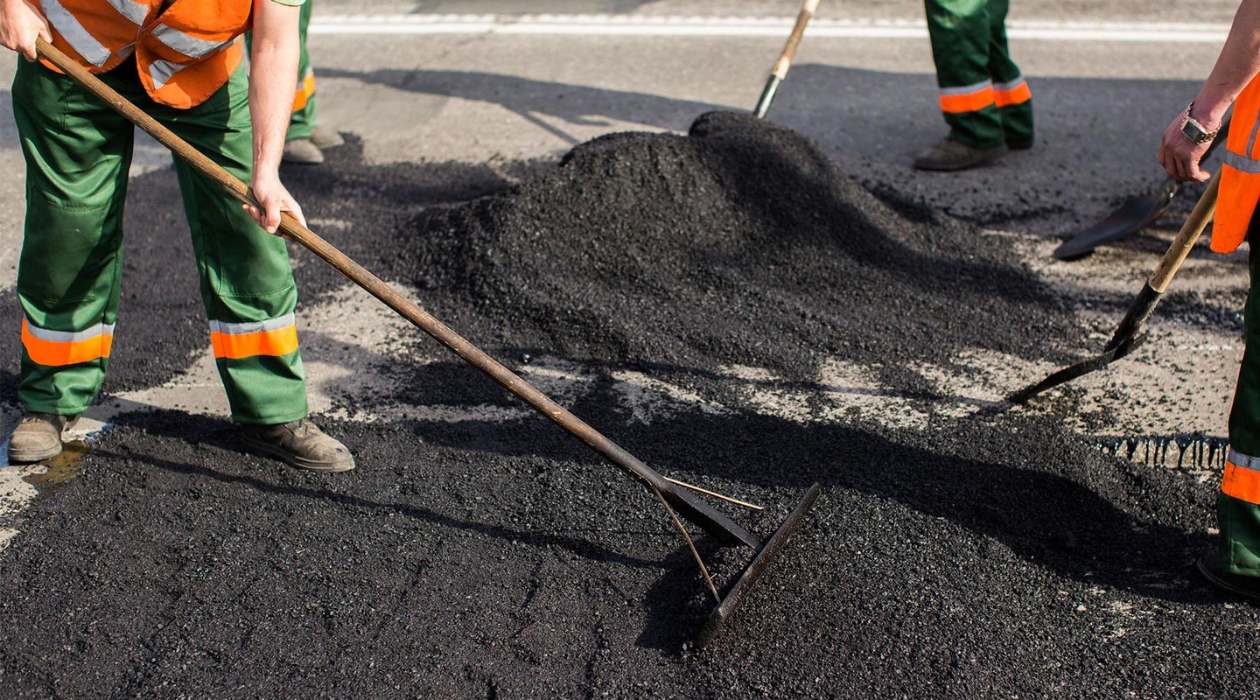
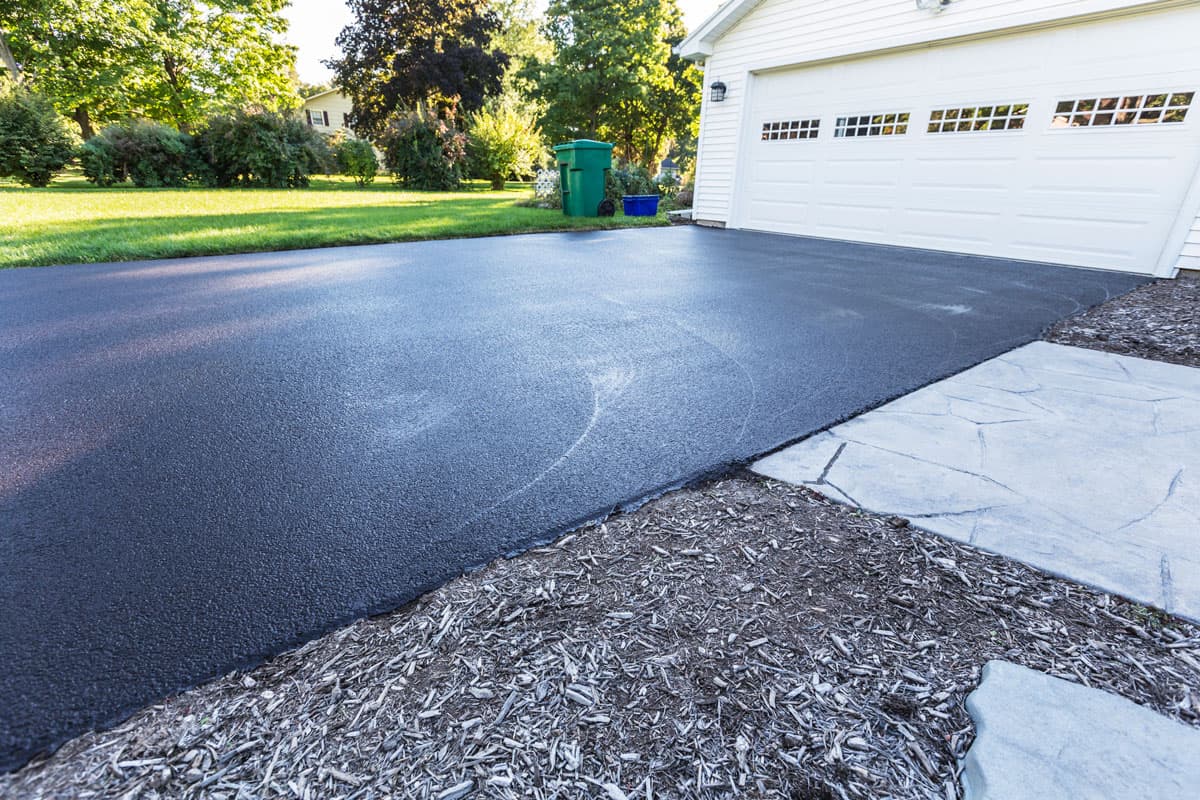
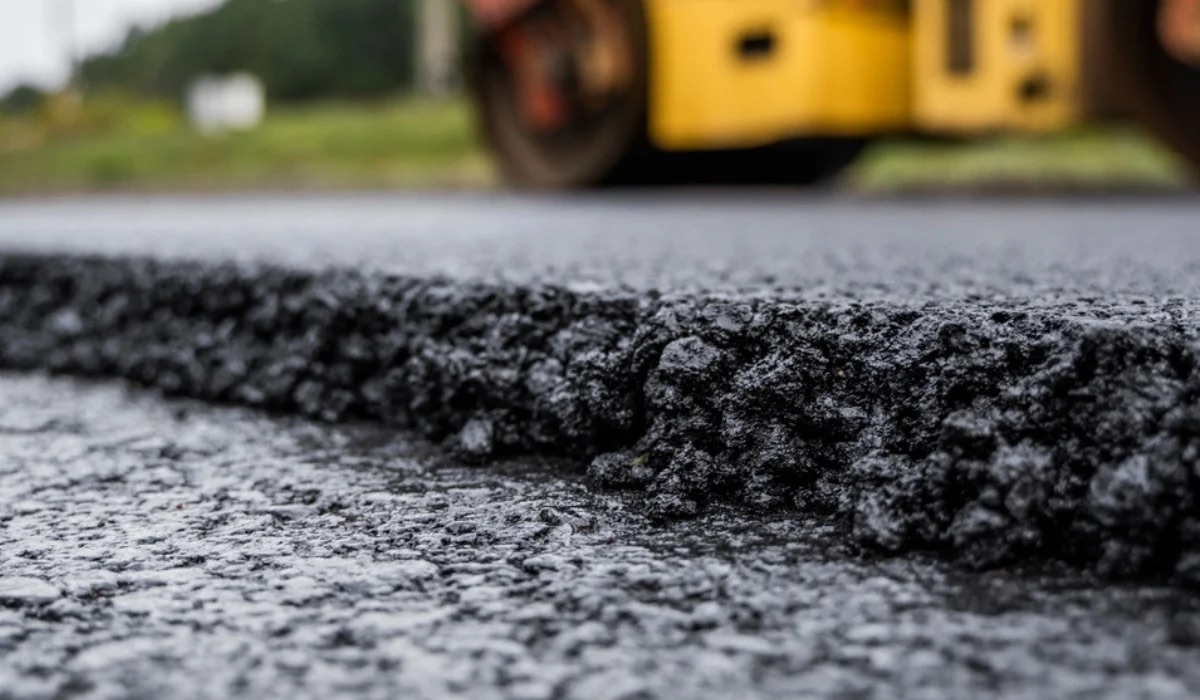
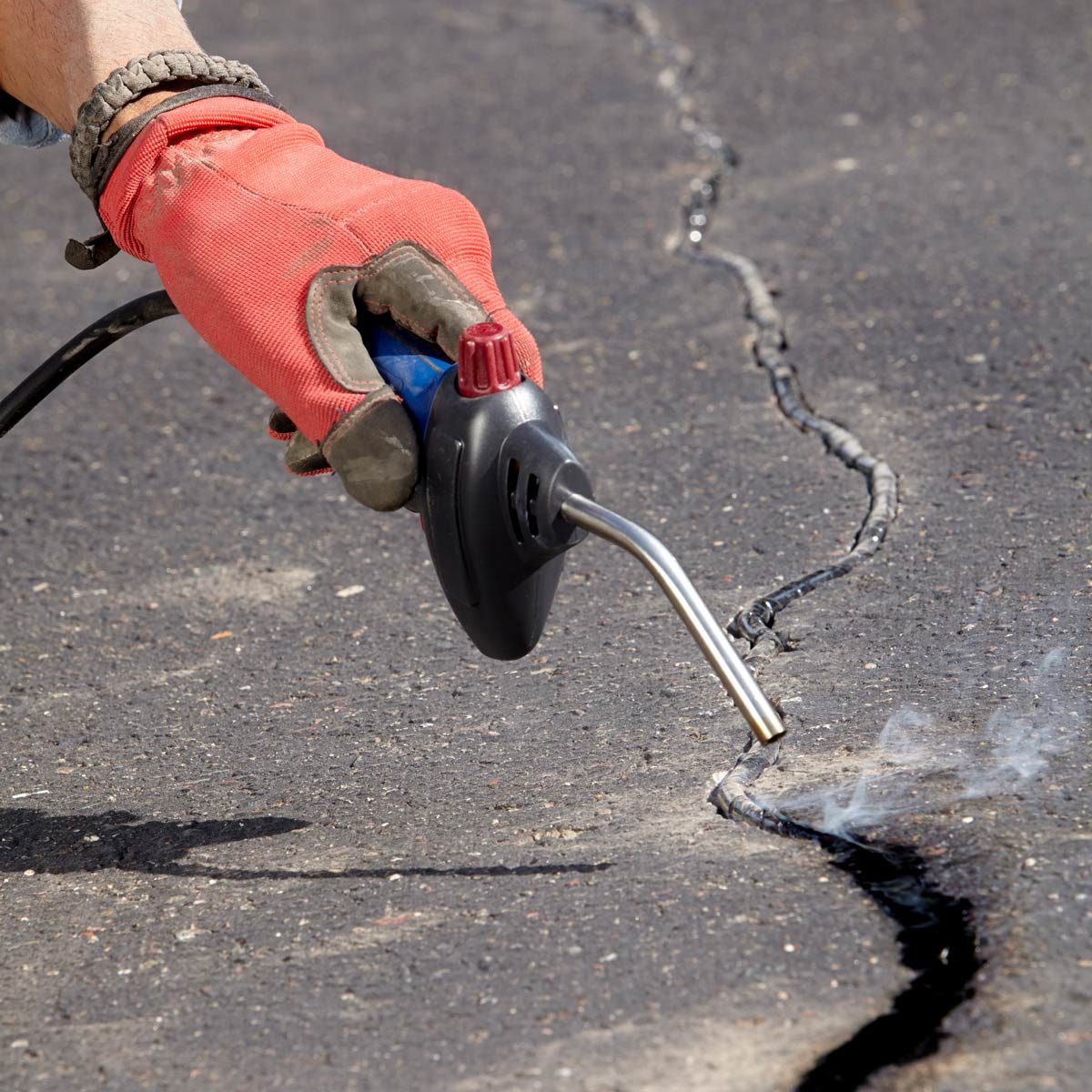
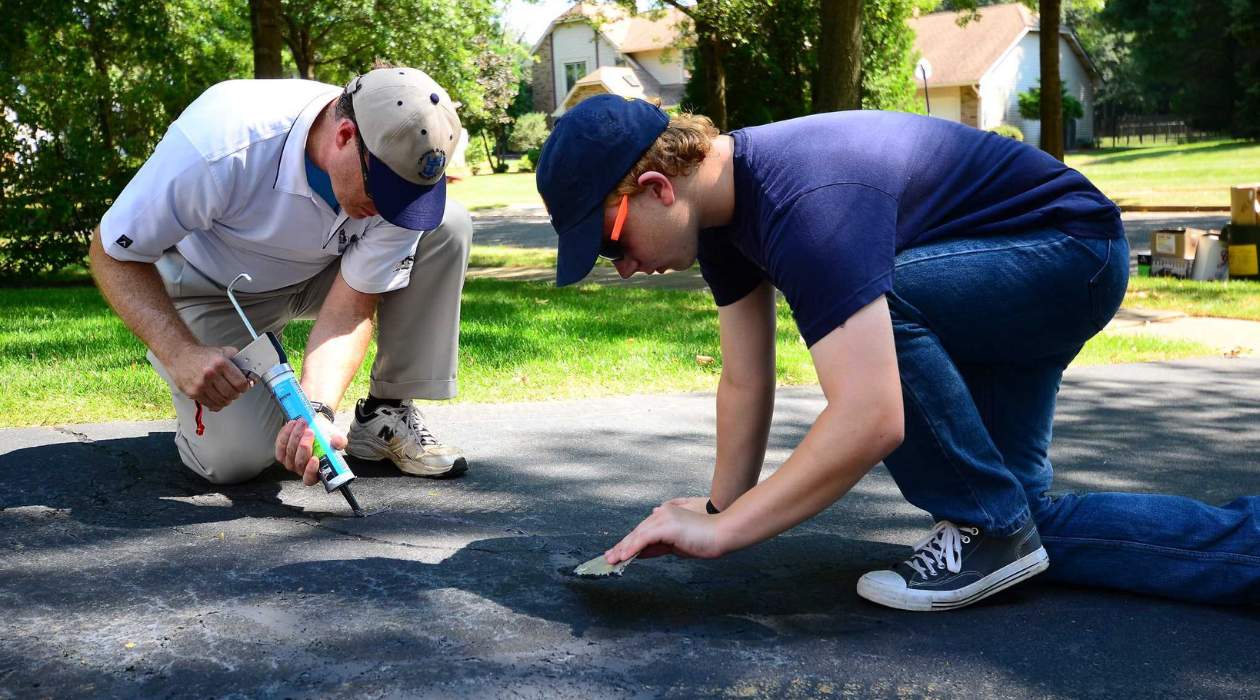
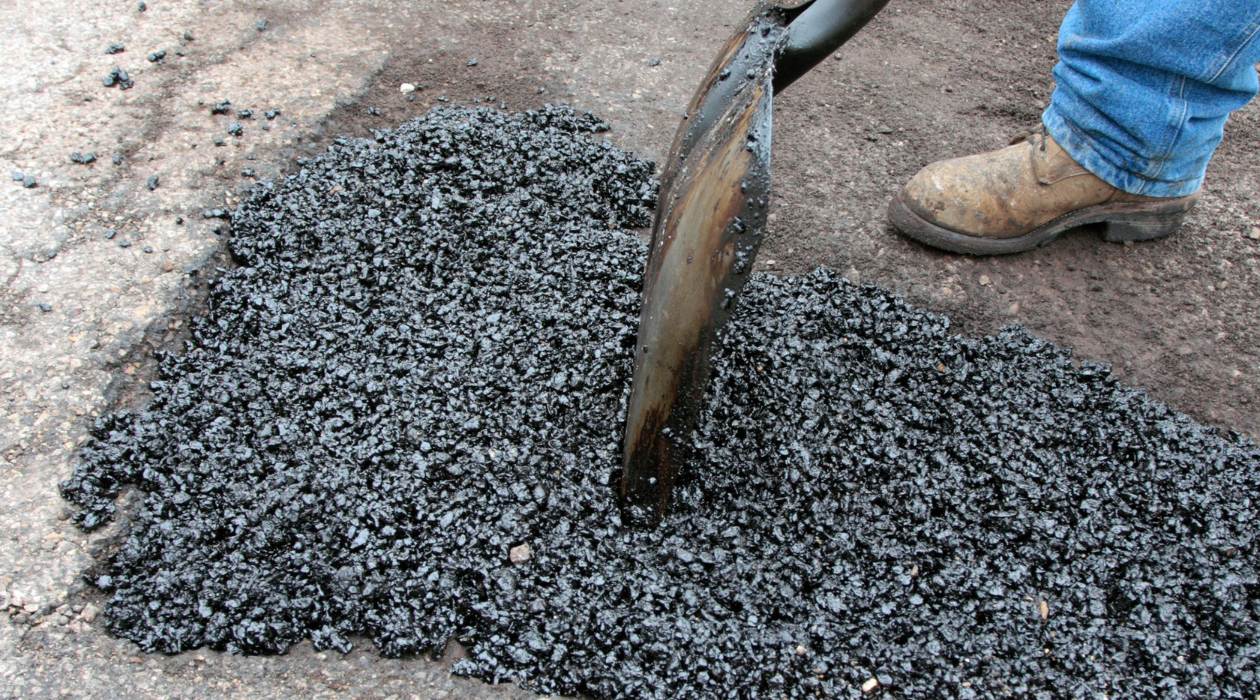
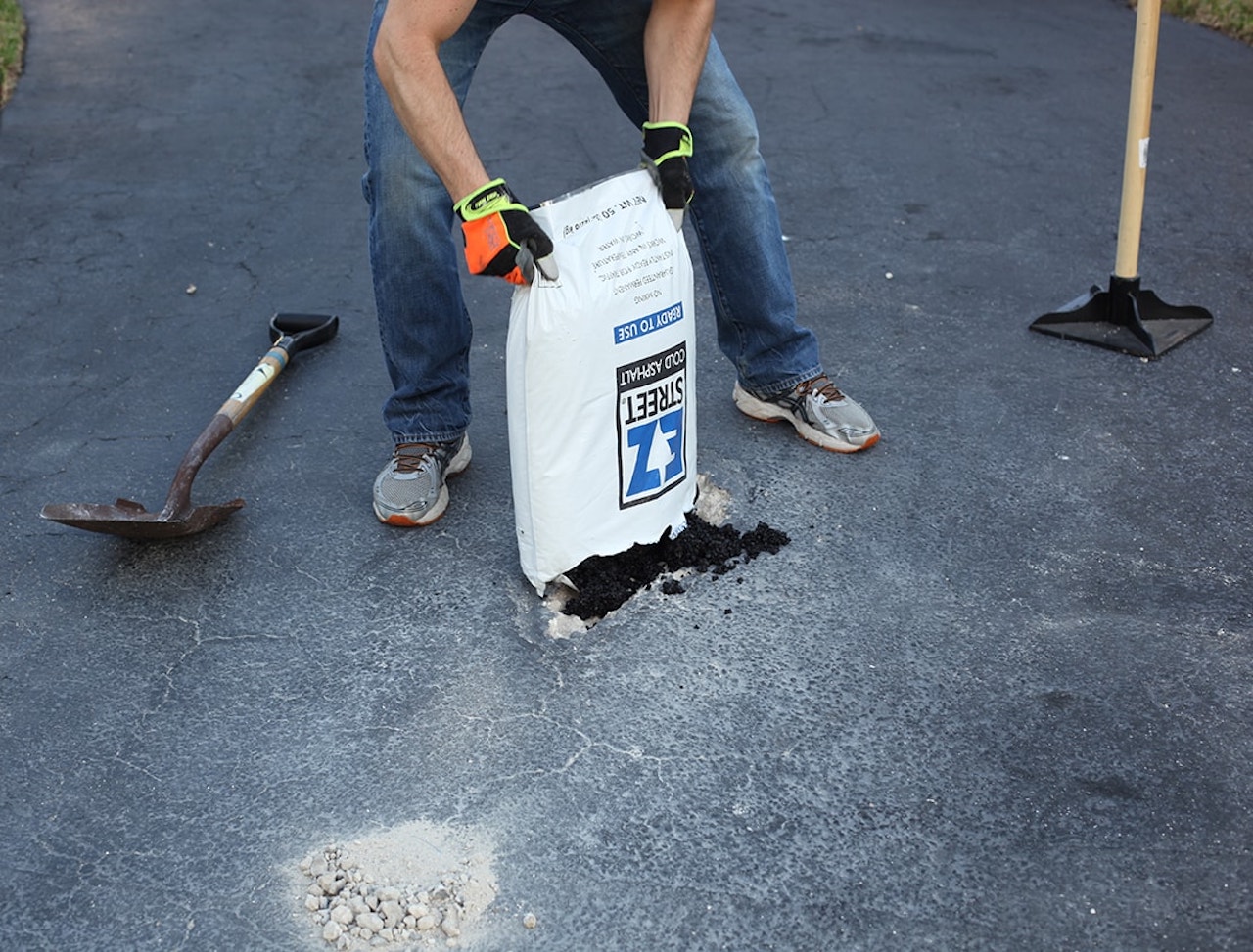

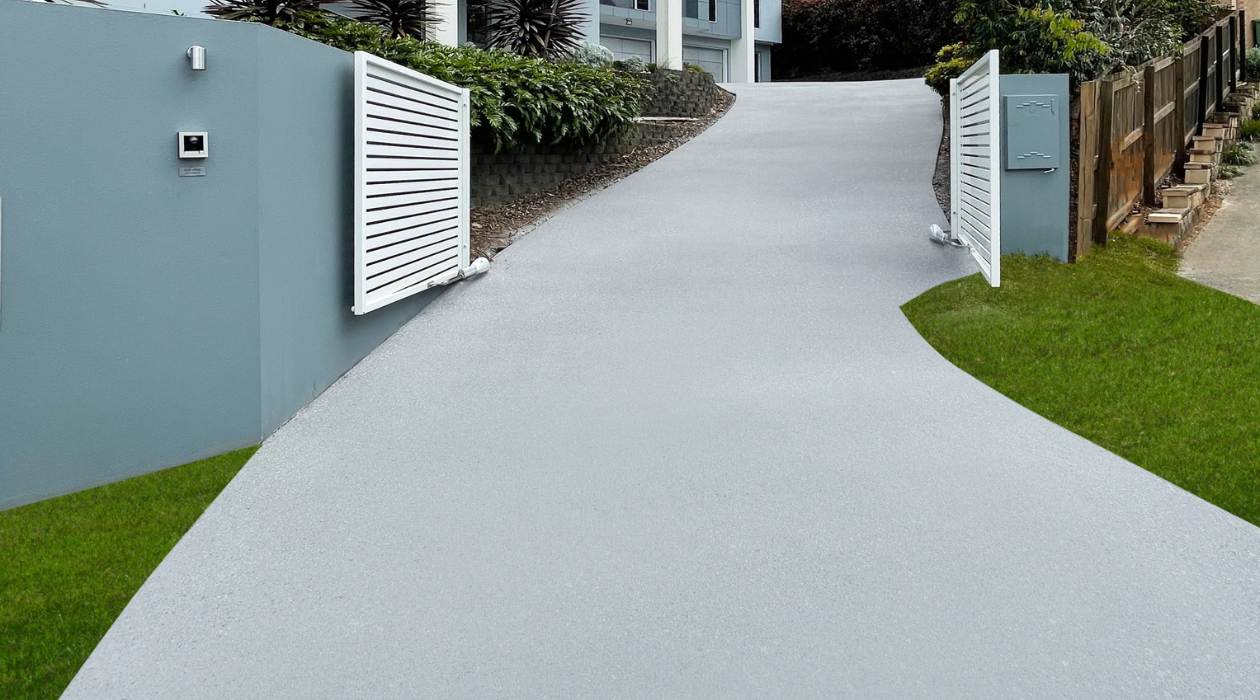
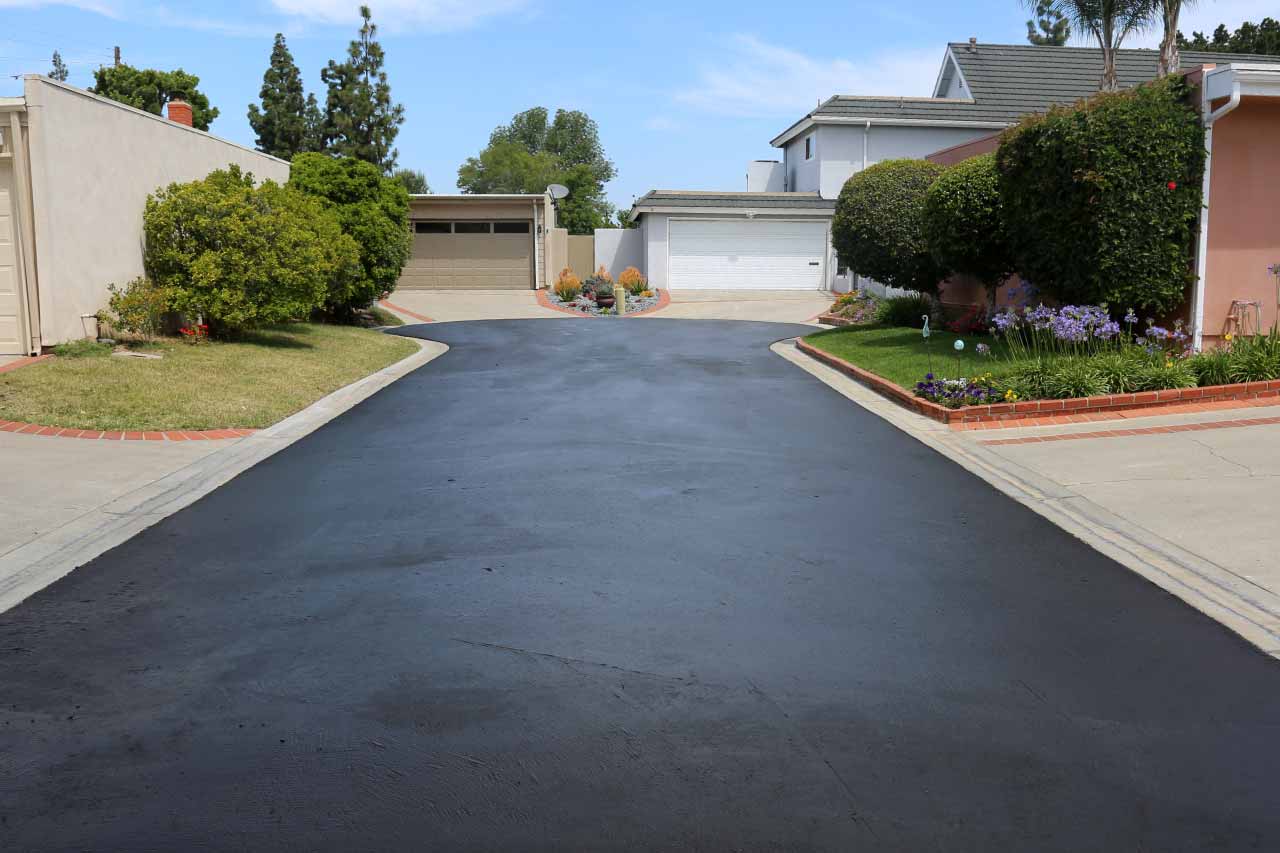


0 thoughts on “How Long Do Asphalt Driveway Last”